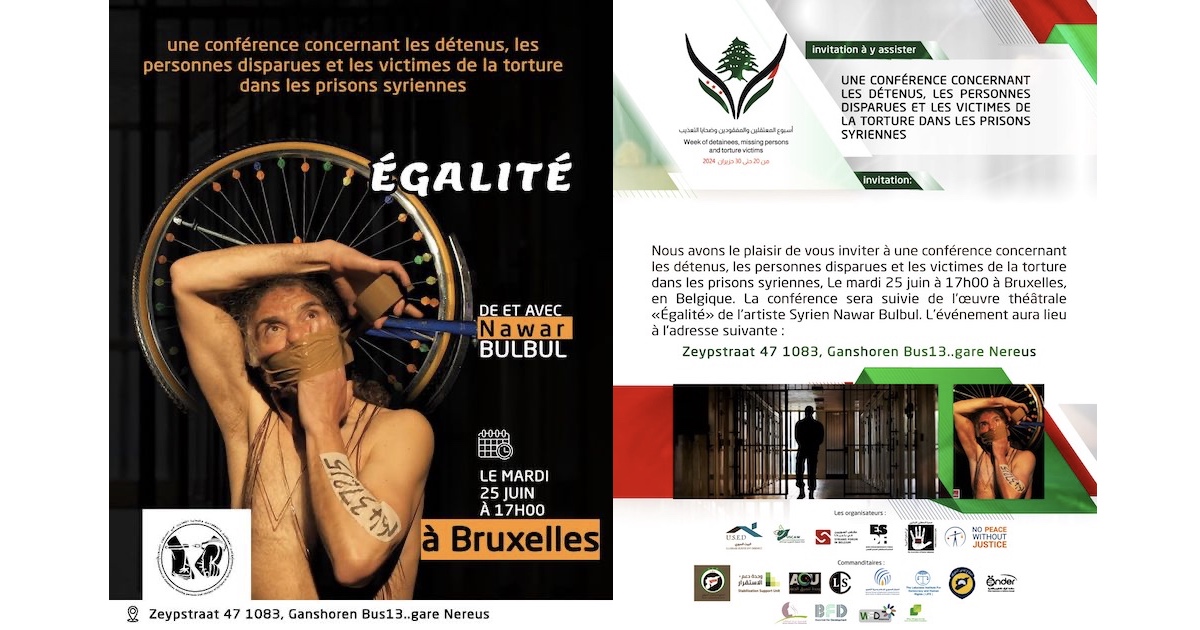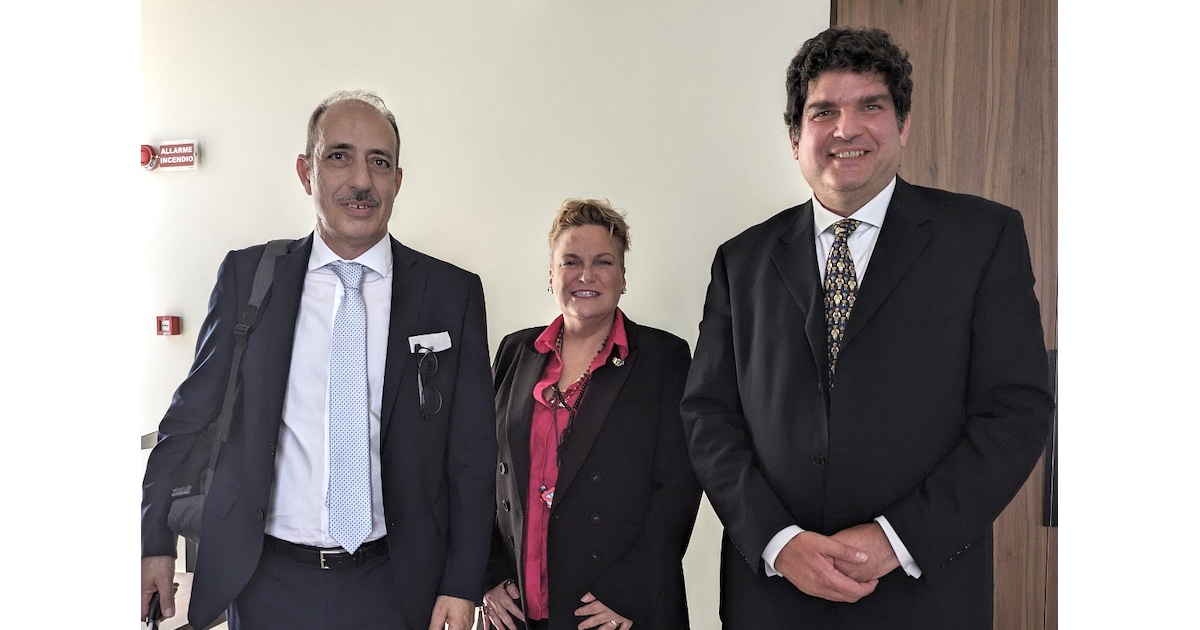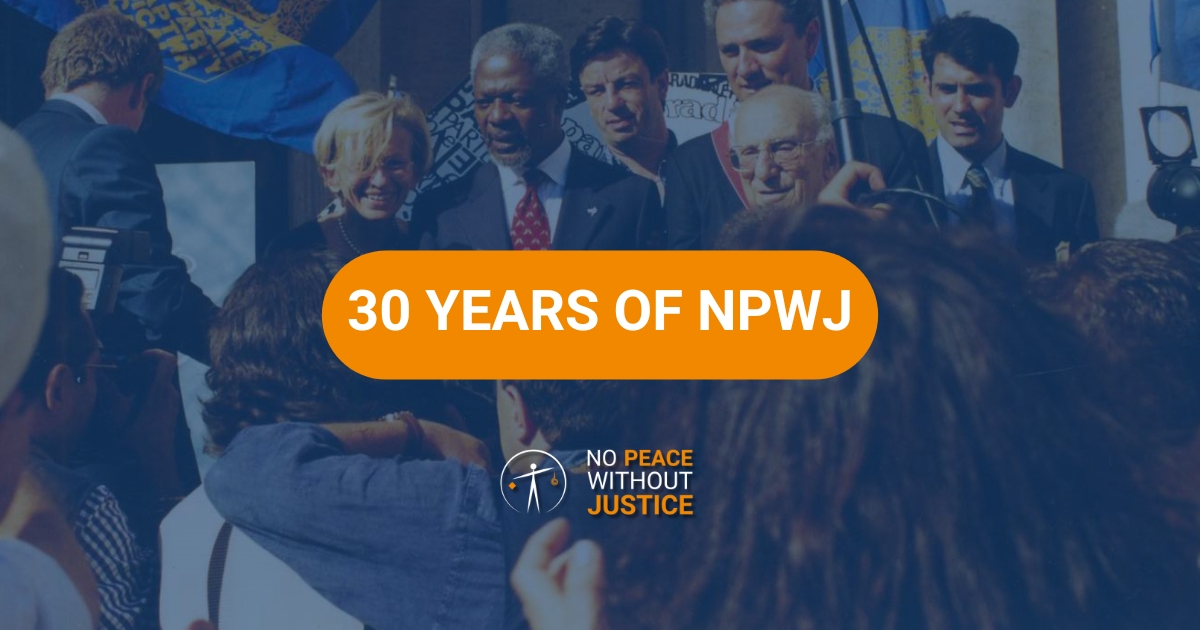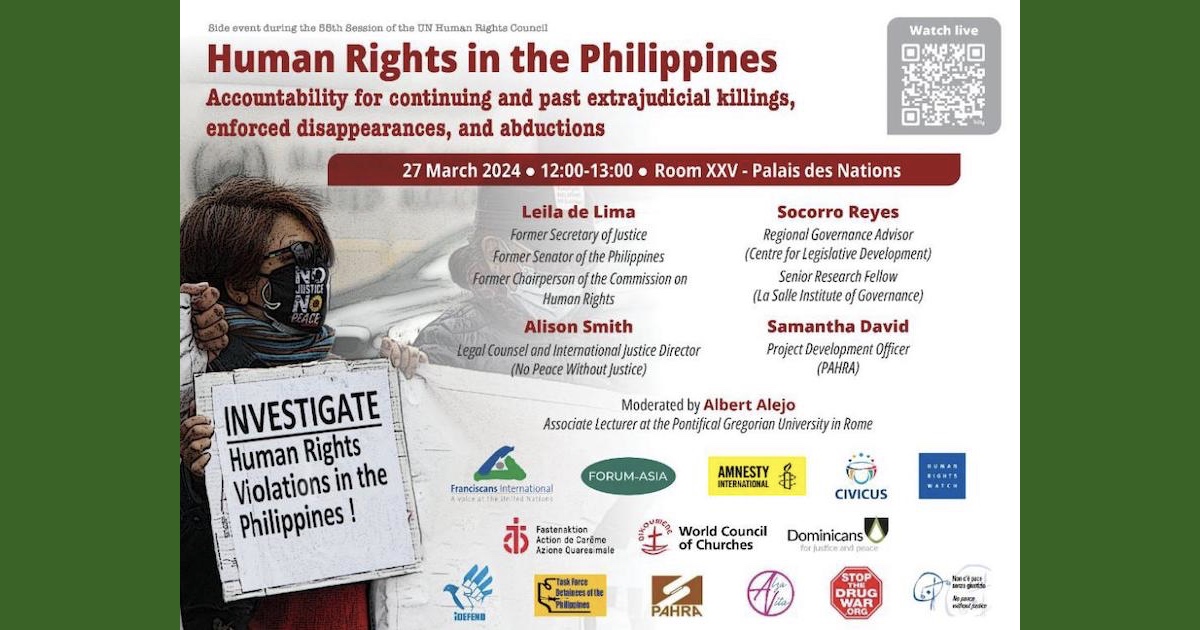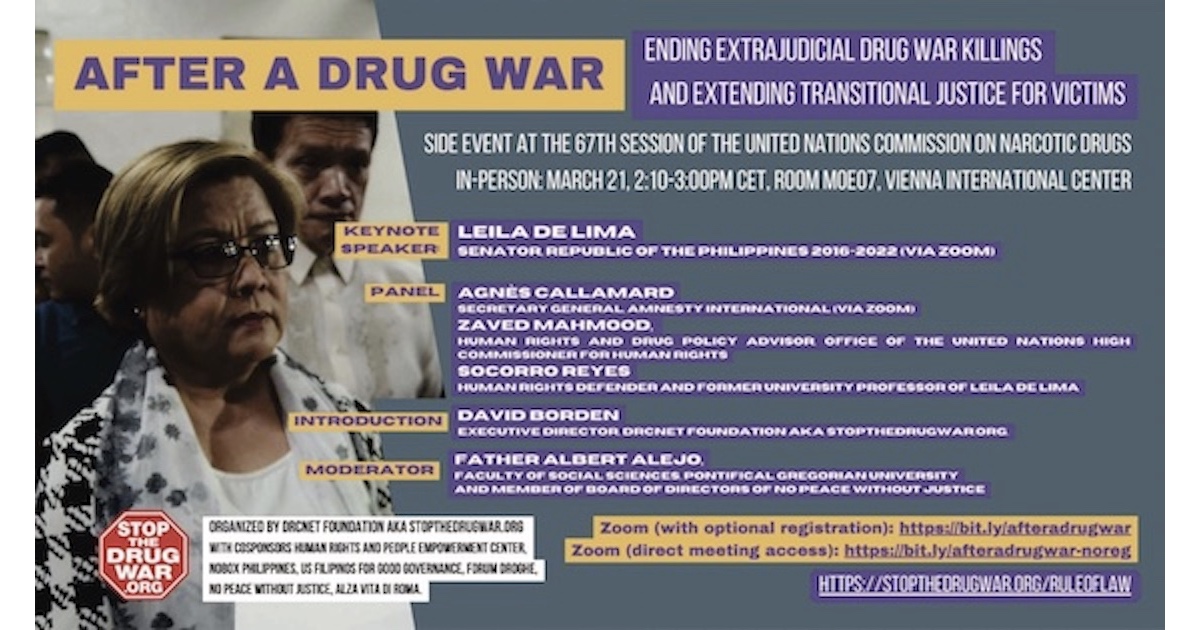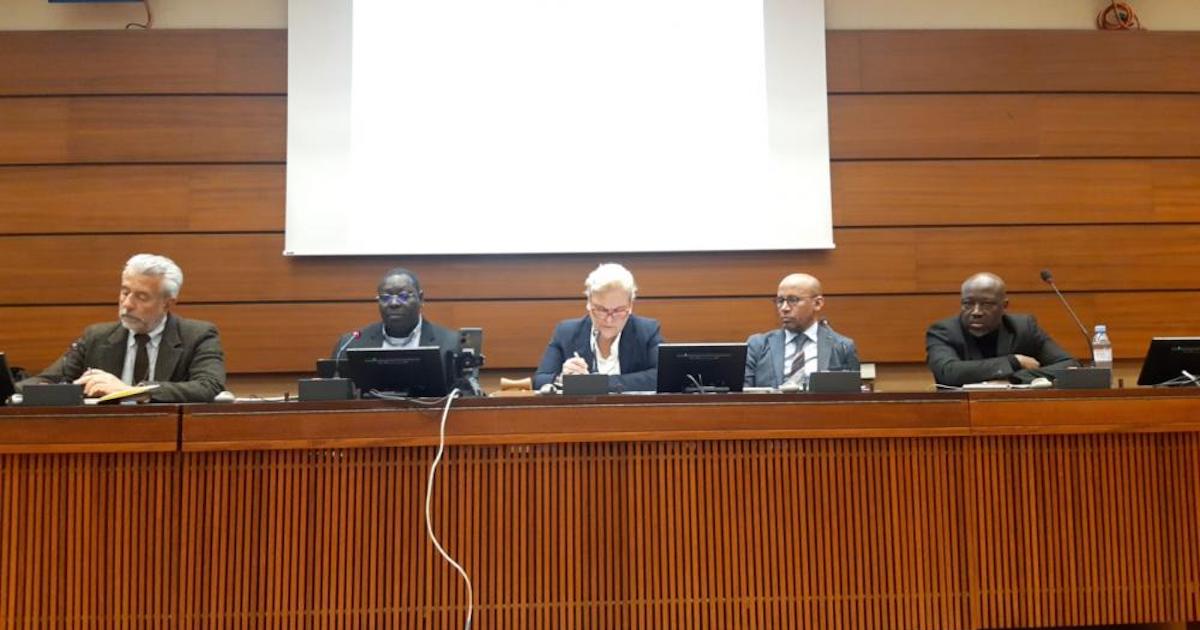NPWJ conducts a series of political campaigns and specific initiatives, mobilising and fostering partnerships between governments, public institutions, non-governmental organisations and other actors in society, as well as by reaching the widest possible audience through awareness-raising and advocacy.
NPWJ has developed a unique expertise in public diplomacy towards national, regional and international institutional actors to ensure that critical issues related to human rights and rule of law are taken into account and addressed during important policy discussions. NPWJ also undertakes wide-ranging technical assistance, for example through the secondment of legal experts to governments for the drafting of legislations and in ensuring compliance with the main international human rights instruments, or to support national and international institutions in the fulfillment of their mandate for the protection and safeguarding of human rights.
Finally, NPWJ has acquired unique field experience in “conflict mapping” and wide scale documentation of violations of international humanitarian law in areas affected by conflicts and in implementing outreach programs engaging local communities in conflict and post-conflict areas on issues of international criminal justice.
Our Goals
NPWJ identifies the priorities for action for each campaign on the basis of the needs as determined on the ground, involving all stakeholders in the design and implementation of activities.
Fighting impunity in all its forms
NPWJ, a founding member of the CICC, seeks to combat impunity for massive atrocities, war crimes, crimes against humanity and genocide by ensuring broad support for accountability as a systematic response to those crimes, starting from the International Criminal Court, also as a means to facilitate accountability at the domestic level. NPWJ also seeks to foster the implementation of more coherent and effective policies and operational guidelines on the role of children in transitional justice and the impact of transitional justice on children.
Priorities of action include:
- Reducing the expectation of impunity, thereby removing the perception of “reward for violence”, on the part of parties to conflict, potential perpetrators, victims and affected populations through engagement, advocacy and information-sharing.
- Increasing the impact, effectiveness, transparency and accountability of transitional justice mechanisms through policy development, advocacy and technical support, including advocacy for cooperation and harmonisation between different mechanisms seized with the same situation.
- Providing support and technical assistance to civil society seeking to document violations for accountability purposes, to boost their ability to undertake that work effectively, efficiently and safely.
Empowering women and children
NPWJ works with governments, legislators and other institutional actors, women’s rights activists as well as community and religious leaders to target violence against women that is primarily being addressed as a cultural, rather than a human rights’ issue, including female genital and sexual mutilation, forced and early marriage, marital rape and other violations that are consequences of the subordinate status of women and girls.
Priorities of action include:
- Developing specific and effective legislative measures and innovative approaches to support those working to turn the tide of social norms, and to support actual and potential victims resisting societal expectations to be silent and acquiesce to violations against them.
- Advocacy and engagement with institutions to promote the rights of the child, including a focus on their participation in decisions and in mechanisms that affect their lives and on the recruitment, release and reintegration of children in armed forces and groups.
- Engaging women, girls, as well as boys and men, individually and in community settings, in situations of armed conflict, displacement and return, to understand the variety of power dynamics that lead to discrimination and the subjugation of women and girls “for their own good”, and to identify actionable policies to empower women and girls in acting as agents both for their own protection and for change in others.
Supporting human rights and environmental defenders
NPWJ seeks to support human rights and environmental defenders in their invaluable work to protect and promote rights throughout the world, working with individual human rights and environmental defenders and promoting a global environment that is supportive of and favourable to their work.
Priorities of action include:
- Supporting the capacity of human rights and environmental defenders to monitor, report and document past and ongoing violations and abuses.
- Analysing the legal and policy framework for measures that can be taken to protect human rights and environmental defenders providing information to accountability processes and developing an advocacy platform for their support and protection at national, regional and international levels.
- Providing support to individual human rights and environmental defenders on tools and techniques to promote and protect their real world and online safety and security.
Supporting democratic transition, the rule of law and respect of human rights
NPWJ continues to address situations where democratic values, fundamental and universal human rights and the rule of law are restricted by political and social dynamics imposed by authoritarian and closed regimes, or when complex transitional processes designed to respond to populations’ demands for change and liberty are at stake, by promoting and supporting democratic values, liberal institutions and open government. We do so through the development of effective and durable consultation mechanisms that recognise non-governmental actors, NGOs and civil society as a legitimate and necessary counterpart for dialogue with State institutions on issues of democratic reform, human rights, the rule of law, justice, reconciliation and accountability.
Priorities of action include:
- Enhancing civil society’s capacity to act as a positive and constructive force and to interact effectively with governments and monitor the implementation of their political commitments and legal obligations.
- Undertaking specific consultations between government and non-governmental actors in order to facilitate the establishment of a lasting system, practice or habit of consultation between State structures and non-governmental actors for all decision-making processes on democratic reform and human rights issues.
- Promoting a human rights approach within legislative bodies and national authorities and supporting their efforts to fulfil international obligations under human rights treaties and to regional and international human rights mechanisms.
- Facilitating the work of local actors at the United Nations level by ensuring that civil society and democracy advocates voice be directly heard by policy and decision makers.
Fighting environmental and human devastation
The current climate and ecological crises are outcomes of many years of destructive human activities that have been conducted without due regard to their impact on the natural environment and in some cases as a means of causing harm, whether to humans or to the environment itself. The perpetuation of harmful practices to the environment entails several risks to various species, including human beings, and creates challenges for the future of the planet as a whole. Updating international law to the current historical challenges by expanding its content and creating new legal tools to address climate and ecological emergencies is vital for preserving our planet’s natural equilibrium, ensuring human and non-human well-being, and saving thousands of species from extinction.
Priorities of action include:
- Seeking accountability, raising awareness and effecting behavioural change in respect of deforestation, fires and other environmental and human rights violations taking place in Amazonia and elsewhere.
- Supporting and reinforcing legislations and policies at national, regional and international level aimed at environmental protection and promoting the right to a healthy environment.
- Promoting the recognition of Ecocide as a universal “ecocentric” crime, in order to extend international criminal liability to crimes against the environment, even where there is no immediately apparent harm to humans, so as to create an obligation on the part of the competent jurisdiction either to investigate and prosecute violations, or to extradite to another jurisdiction able and willing to do so.

